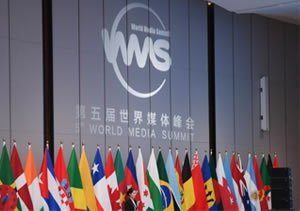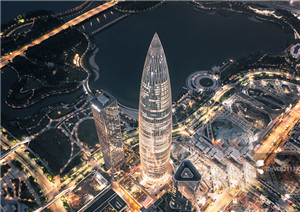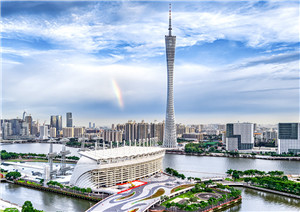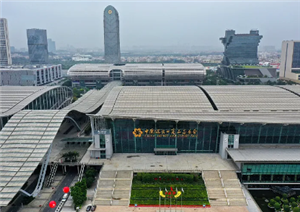From November 27 to 28, the 3rd China-Arab States Young Political Leaders Forum unfolded in Zhuhai, Guangdong Province. The forum follows the theme of 'Contributing Youth Power to Building a China-Arab Community with a Shared Future in the New Era.' More than 100 young political leaders from 21 Arab states attended the forum and joined face-to-face exchanges on friendly exchanges and cooperation with China.
At the opening ceremony, Chinese representatives, as well as members of political parties from countries including Palestine, Yemen, and Egypt, delivered keynote speeches.
It is underscored that youth is the driving force of a country's reform and development, and China and Arab youths should enhance communication and mutual learning, chartering a broad future for China-Arab ties.
"This forum is very important, as it is a youth forum. Youth is the seed of the future. Therefore, we need to gather young voices from various parties," Mohammad Shtayyeh, Member of Fatah's Central Committee and Former Prime Minister of Palestine, commented on the very nature of the forum: "A forum of such kind is a bridge between China and the Arab world."
He hopes that China-Arab ties can be developed in an all-round way, including areas of politics, economy, culture, and building the future (for mankind). "We need to hear from senior, young, and female political leaders," he said. "It's important for us to build on our various relations with China."
The forum inspired in-depth discussion on topics regarding jointly building the 'Belt and Road', Global Civilization Initiative, China-Arab People-to-People Exchanges, and China's role in the Middle East situation.
Alsayed Haitham, who works as the Director of the Department of Chinese Studies at the Saudi Research and Knowledge Exchange Center, said in many Arab countries, especially the Gulf States, their relations with China are very close, particularly in the case of Saudi Arabia.
"With a bilateral relationship with China for 34 years, I still think Saudi Arabia and China hold room to team up," he said. "In recent years, Saudi Arabia has built multiple links with China. The most recent case was Mohammed bin Salman's visit to China. Chinese is now more commonly used in Saudi Arabia."
Nowadays, many students in Saudi Arabia are learning Chinese, which is now the second teaching language in our country. As he pointed out, people there are exploring the ancient culture of China more vividly through the Chinese language.
"Our goal is to let our intangible cultural heritage works go global. At present, in many Middle Eastern countries, including Saudi Arabia, Kuwait, France, and the UK, we have grown many customers," said Wang Xinyuan, a certified inheritor of Cantonese Embroidery, a National Intangible Cultural Heritage in Guangdong Province, who shared his experience of bringing traditional arts from China to the rest of the world. "Our platform has reached hundreds of thousands of followers."
"We've built our own e-commerce website and platform, and two months ago we even held an exhibition in Dubai," he said. "We were glad to fuse our embroidery elements into their local fashion, including hats, Arabian robes, scarves, and brooches."
With sole dedication to Cantonese Embroidery for over 30 years, he views art as the most potent way, as he understands, to connect China and the Arab world. He hopes to build a training center in Arab states someday to hold great artistic exchanges.
It is a top priority of this forum that young political leaders from Arab countries gather for mutual learning, exchange, and cooperation, in a way that jointly builds a China-Arab Community with a Shared Future in the New Era.

















